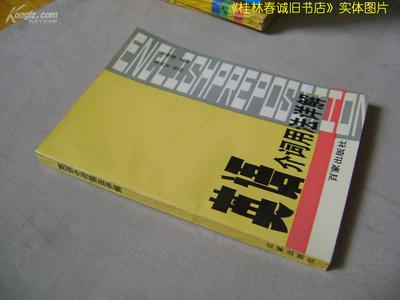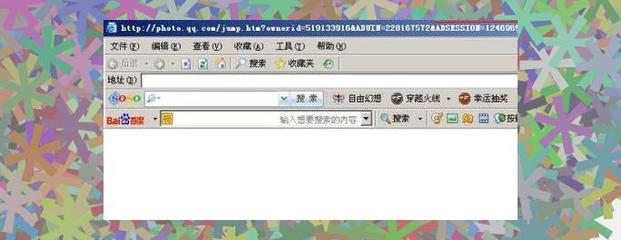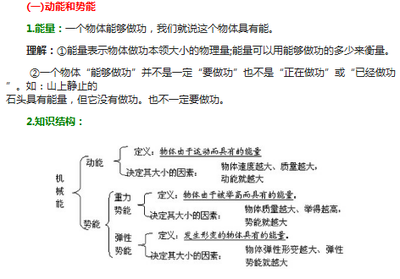一.时间介词的用法辨析
1.时间介词in、on、at、by的用法辨析
介词in用来表示一天中某段时间,指天、年、月、季节、周次等。如:inthe morning
介词on用来表示某一天或星期几,指明具体的时间。如:on a rainy day
介词at用来表示特定的时间、节日、年龄等。如:at noon
介词by表示…的时候、到、等到…已经等用在天、时间的前面。如:by 2 o‘clock
2. 时间介词in与after 的用法辨析
o 介词in +一段时间用于一般将来时。如:We’ll go to school in two weeks.
o 介词after + 一段时间用于一般过去时。如:My mother came home after half anhour.
o 介词after + 时间点常用于一般将来时。如:We’ll go out for a walk aftersupper.
3. 时间介词for与since的用法辨析
介词for 表示一段时间如:I havebeen living here for 10 years.
介词since 表示从过去某一时间以来如:I have been living here since 2000.
4.时间介词during与for的用法辨析
当所指的时间起止分明时用介词during如:He swimsevery day during the summer.
如果一段时间不明确则用介词for如:I haven’t seen her for years.
5. 时间介词before与by的用法辨析
介词before表示“在…之前”如:Hewon’t come back before five .
介词by表示“到…时为止,不迟于…”如:The work must be finished by Friday.
6. 时间介词till与until用法的异同
till和until用在肯定句中,均可表示“直到…为止”,如:I will wait till(until)seveno'clock.
till和until用在否定句中,均可表示“在…以前”或“直到…才”。
如:Tom didn't come back till(until)midnight.
till多用于普通文体,而until则用于多种文体,并且在句子开头时,用until而不用till。
如:Until he comes back,o nothing can be done.
7. 不用介词表达时间的几种情况
当表示时间的词前有this,that时,其前面不用介词,如:this morning
当表示时间的词前有next时,其前面不用介词,如:next Sunday
当表示时间的词前有last时,其前面不用介词,如:last Sunday
当表示时间的词前有one, any, each, every, some或all时,其前面不用介词,如:You can comeany day.
二.方位介词与地点介词的用法辨析
1.方位介词on, over,above的用法辨析
介词on表示一物放在另一物上面,两者紧贴在一起,如:The book is onthe table.
介词over表示一种垂直悬空的上下关系,即“在…上方”,如:Is there any bridge over theriver?
介词above表示一般的“高于…”,“在…之上”,如:There was an electric clock above hisbed.
2.方位介词under与below的用法辨析
介词under是over的反义词即“在…下方”,如:Theywere seen under the tree.
介词below是above的反义词即“低于…”,“在…之下”,如:They live below us.
3.方位介词across,、through、over,、past的用法辨析
介词across着重于“从一头或一边到另一头或另一边”,强调从表面穿过。
如:She went across the street to make some purchases.
介词through着重于“穿越”,强调从一定的空间内穿过。
如:The sunlight was coming in through the window.
介词over多表示从“上方越过”,如:He failed to go over the mountain; he had to goround it.
介词past表示从“面前经过”,如:Someone has just gone past the window.
4. 方位介词in、on、at的用法辨析
介词in表示“排、行、组”,如:We arein Team One.
介词on表示“左、右”,如:Li Ping is on my left.
介词at表示“前、后”,如:I sit at the front of the classroom.
5. 方位介词to、for的用法辨析
介词to表示目的地或去的目的,如:Wil youtake a train to Tianjian.
介词for表示动身去某地,如:He got on a train for Shanghai.
6. 地点介词at与in的用法辨析
介词at表示较小的地方,如家、村、乡村等,如:Helives at a small village.
介词in表示较大的地方,如大城市、国家、洲等,如:He lives in Beijing.
7. 地点介词at与on的用法辨析
介词at用于门牌号,如:He lives atNo.200, Nanjing Road.
介词on用于路名,如:He lives on Nanjing Road.
8. 地点介词in、on、to的用法辨析
介词in表示“包含”如:Beijing isin the north of China.
介词on表示“紧邻”如:Canada lies on the north of the U.S.
介词to表示“没接触”如:France lies to the south of England.
三.其他易混介词的用法辨析
1.动作介词to与toward的用法辨析
介词to表示向某处移动,如:They were driving towork together.
介词toward 表示移向某处,如:We're moving toward the light.
2.原因介词because、as、for的用法辨析
介词because表示“因为;由于”指直接的、明确的原因,用来回答why的问句,语气最强。
如:The boy was absent because he was ill.
介词as表示“由于;鉴于”指一种显而易见、谈话双方已知的理由。
如:She stayed at home as she had no car.
介词for表示 “因为;由于”指一种间接原因,甚至只是一种附带的说明。
如:It must have rained last night, for the road is wet.
3. 材料介词of和from的用法
介词of用于成品与材料的性质不变时,如:Thedesk is made of wood.
介词from用于成品与材料的性质已变时,如:Wine is made from grapes.
4.表示“用”的介词in、with、by的用法辨析
介词in表示“用材料、语言”如:Can you sayit in English?
介词with表示“用工具、某物”如:with a pen
介词by表示“用、以、靠、通过…方法”如:He prefers traveling by car.
5. 介词between与among的用法辨析
介词between表示“在两者之间”如:Don’t sit between the two girls.
介词among表示“在…当中(三者或以上)”如:They lived among the mountains in thepast.
6.介词besides与except的用法辨析
介词besides表示“除…之外(全部计算在内)”如:Wehave seen the crocodile besides Li Fang.
介词except表示“除…之外(不计算在内)”如:We are all Chinese except Tom in ourclass.
四、of 与 for区别
for 表原因、目的
of 表从属关系
介词of的用法
1.所有关系
this is a picture of a classroom
2. 部分关系
a piece of paper
a cup of tea
a glass of water
a bottle of milk
3. 描写关系
a man of thirty 三十岁的人
a man of shanghai 上海人
4. 承受动作
the exploitation of man byman.人对人的剥削。
5. 同位关系
it was a cold spring morning in thecity of london in england.
6. 关于,对于
what do you think of chinesefood?
你觉得中国食品怎么样?
介词 for 的用法小结
1.表示“当作、作为”。如:
i like some bread and milk for breakfast. 我喜欢把面包和牛奶作为早餐。
what will we have for supper? 我们晚餐吃什么?
2. 表示理由或原因,意为“因为、由于”。如:
thank you for helping me with my english. 谢谢你帮我学习英语。
thank you for your last letter. 谢谢你上次的来信。
thank you for teaching us so well. 感谢你如此尽心地教我们。
3. 表示动作的对象或接受者,意为“给……”、“对…… (而言)”。如:
let me pick it up for you. 让我为你捡起来。
watching tv too much is bad for your health. 看电视太多有害于你的健康。
4. 表示时间、距离,意为“计、达”。如:
i usually do the running for an hour in the morning.我早晨通常跑步一小时。
we will stay there for two days. 我们将在那里逗留两天。
5. 表示去向、目的,意为“向、往、取、买”等。如:
let’s go for a walk. 我们出去散步吧。
i came here for my schoolbag.我来这儿取书包。
i paid twenty yuan for the dictionary. 我花了20元买这本词典。
6. 表示所属关系或用途,意为“为、适于……的”。如:
it’s time for school.到上学的时间了。
here is a letter for you. 这儿有你的一封信。
7. 表示“支持、赞成”。如:
are you for this plan or against it? 你是支持还是反对这个计划?
8. 用于一些固定搭配中。如:
who are you waiting for?你在等谁?
for example, mr green is a kind teacher. 比如,格林先生是一位心地善良的老师。
 爱华网
爱华网



